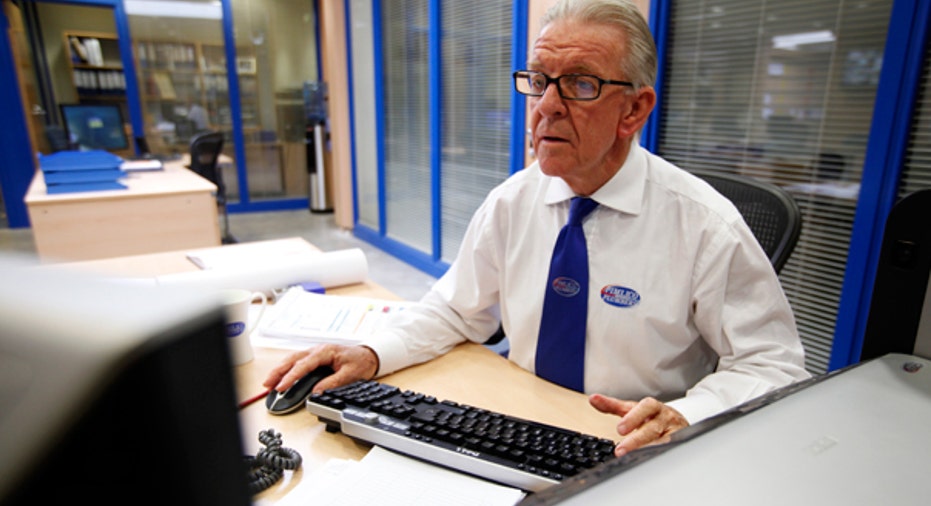Survey Finds Small Business Owners Clueless About Retirement

Forget health-care reform and tax policy changes to come in the next year--small businesses are also struggling when it comes to retirement.
According to a recent survey, one-third of small business owners are without a pension or retirement savings and have no idea how they will retire.
The "Small Business Owners are Unprepared for Retirement" survey from the American College found that in addition to not having pensions or 401(k) plans, an additional one-third of small business owners have failed to estimate how much it will actually cost them to retire.
Ipsos conducted the survey online among 1,255 small business owners. Of this group there were 835 women and 420 men.
American College professor Mary Quist-Newins, who also directs the State Farm Center for Women and Financial Services at the college, said the issues of the moment have trumped the future for these small business owners, as they have for the general public.
"Business owners must focus on their cash flow, balance sheets and growing concerns, first and foremost," Quist-Newins said. "The most pressing financial management issues they have right now are cash reserves, cash flow and debt management. That can crowd out the thought of 'I have to plan for the future.'"
Nearly three-fourths of men and women small business owners expressed concern about retirement planning and said they have taken an active role in beginning to prepare. Sixty-six percent of women and 70% of men said they have developed an estimate of their needs, but only half met with a financial professional to do so, leaving room for error, Quist-Newins said.
In addition, 77% of women and 74% of men have no written plan for retirement. This has major implications for the overall economy, she said.
"When you consider that there are between 23 and 27 million small businesses in this country, and almost 15% of the adult population is a small business owner, this is very significant," Quist-Newins said.
Even more distressing, she said, was that the average age of survey participants for both sexes was around 50-not too far off from retirement age.
"They are pretty close to the brink," Quist-Newins said. "It's really alarming when you haven't even calculated what you need. That gap between concern and planning is alarming-we can only control what we plan for."
Here are some tips from Quist-Newins on getting started with your retirement planning:
No. 1: Come to terms with retiring. "Many of us can't see ourselves retiring in the classical paradigm of sitting on the porch, relaxing," she said. "That is an obsolete view."
Quist-Newins said view the idea of retirement as a point-in-time where work is optional. Consider when you want to reach that point, and what you need to do to get there.
No. 2: What will your lifestyle look like? Compare your current lifestyle and spending habits to your retirement lifestyle. Quantify how your expenses will change from now to then.
"Even if it is a silly calculator online, I believe people need to understand, even in the ballpark, how much [money] they need," she said. "If retirement planning is an abstract concept and you don't make it more tangible with how much capital and savings its required, it is easy to push it off."
No. 3: Consider getting planning help. Having that third-party insight will help you get real about what retiring means for you, she said.
"Work with a qualified, trustworthy partner," Quist-Newins said. "You can consciously make choices between today and tomorrow. Most people are just unconsciously planning their future."



















